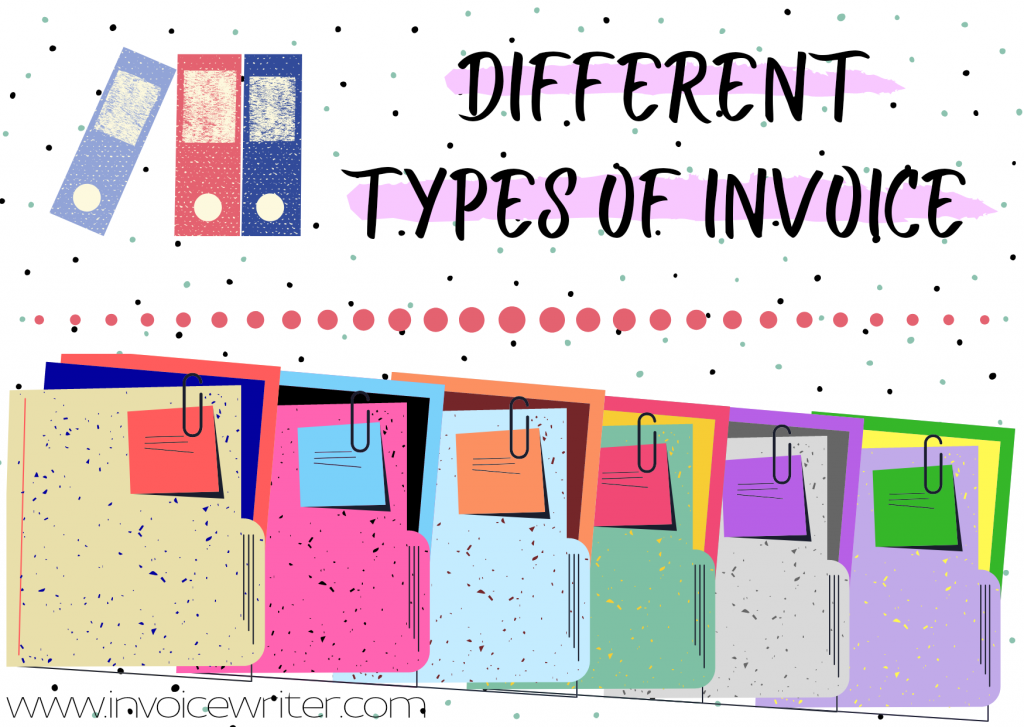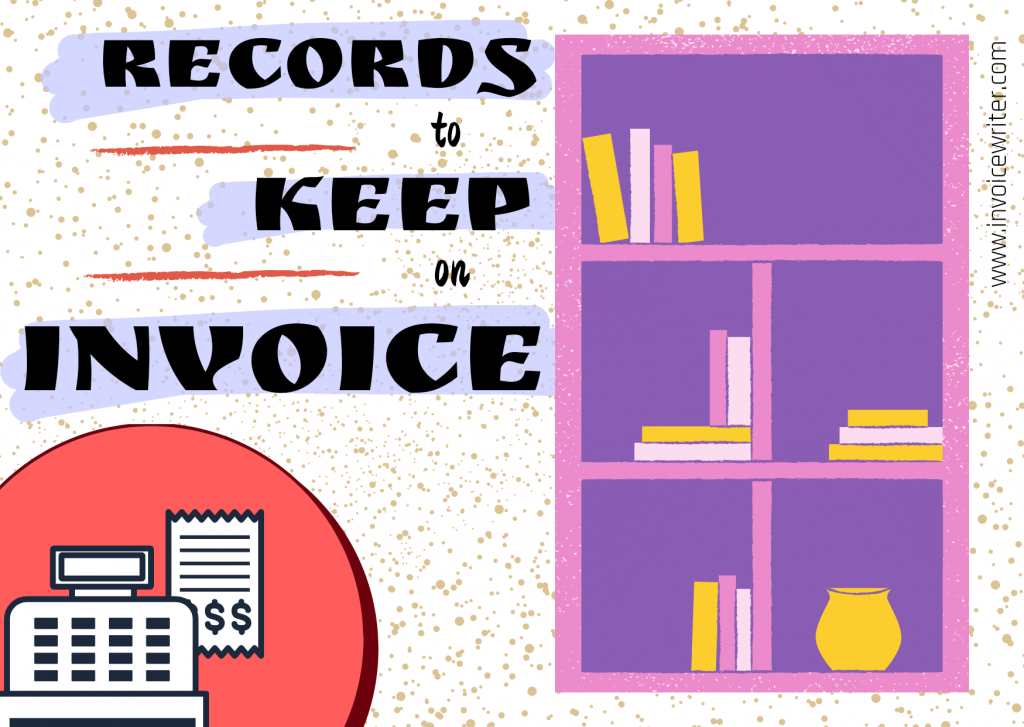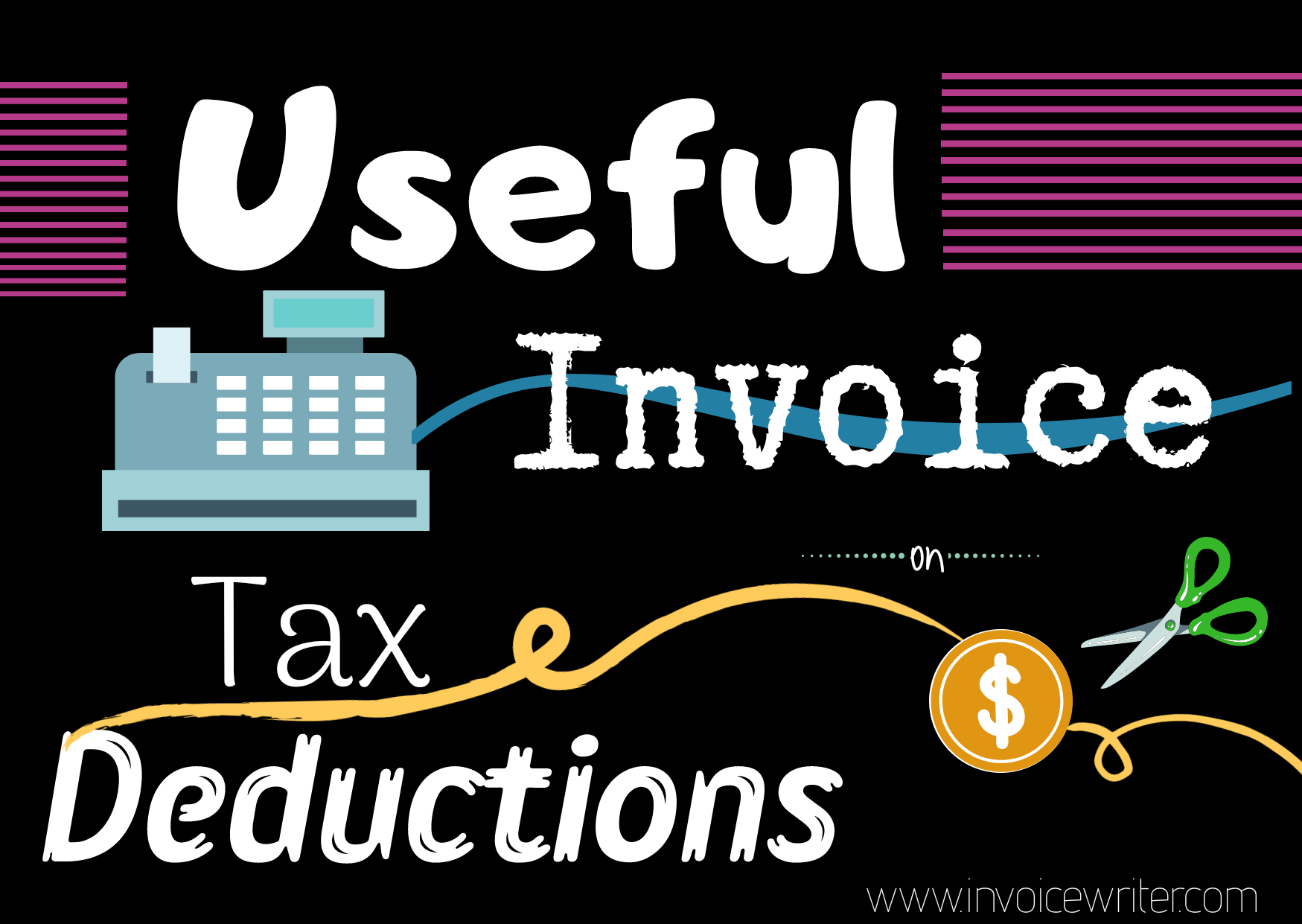Same with receipts, invoices play a significant role in the business. If you read Useful Receipts for Tax Season, and Useful Receipts for Tax Deductions it was mentioned how useful are the receipts or invoices in the operation and credibility of a company as well as to the client receiving it. You can be able to inform the client of how much payment he has made or how much the client still owes you. For clients, it provides an accurate and organized record of an expense and helps with record-keeping and budgeting.

There are different kinds of invoices:
- Standard Invoice
- Credit Invoice
- Debit Invoice
- Mixed Invoice (combined credit and debit charges on one invoice)
- Commercial Invoice
- Timesheet Invoice
- Expense report
- Pro forma invoice (an estimate or a quote)
- Interim invoice (a progress invoice or progress bill)
- Final invoice
- Past due invoice
- Recurring invoice
- E-invoice
One of the most purposes of an invoice is for Tax records. Your purchases, sales, payroll, expenses invoice, and other transactions together with your supporting documents provide data that helps to confirm the information you list on your tax filings each year. The IRS or Internal Revenue Service recommends that you should keep daily records summarizing all your business transactions, including invoices.

These are some of the types of records that you need to keep:
- Gross receipts – are the income you receive from your business or the total amounts you received from all sources during its annual accounting period, without subtracting any costs or expenses.
- Business Purchases – are the items you buy and resell to customers.
- Business Expenses – are the costs you incur (other than purchases) to carry on your business.
- Travel, Transportation, Entertainment, and Gift Expenses
- Assets – are the property that you own and use in your business.
- Employment Taxes – you need to keep all the records of employment taxes for at least four years after filing the 4th quarter for the year.
NOTE: A supporting document is needed to verify all details of the purchase.
It is common knowledge for everyone to ask for an invoice because we all know the importance of it. For business owners, for expenses to be claimed as a deduction to income tax, you have to present your business books containing the summary of your business transactions but it should be supported with proper documents such as official receipts or invoices for verification and the date and amount must match both as written on the record.
To avoid any future problems, getting more organized can be possible by using the InvoiceWriter. You can try it for FREE or choose your preferred plan. Keep in mind that providing complete accounting records is a must and a lack of invoices to present can be risky in the long run.
Experience the benefits of keeping invoices and make your work and life easier as:
- You can validly claim a tax deduction or refund if an expense of a specific purchase or payment has proper documents, therefore you can use it as a deduction to sales.
- Since you can use it as a deduction to sales it helps minimize your tax payables.
- Minimize the risk of being audited by the IRS.
- Being compliant is having solid evidence to support all the business transactions recorded.
Educate yourself to know your rights as a taxpayer. It will benefit you and your company if you know you are on the right track.

